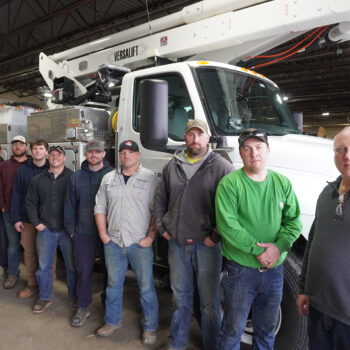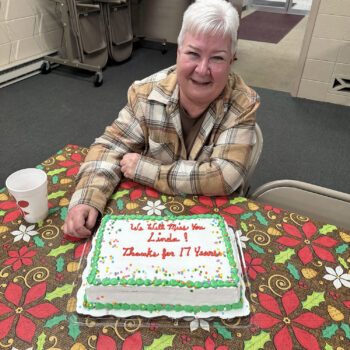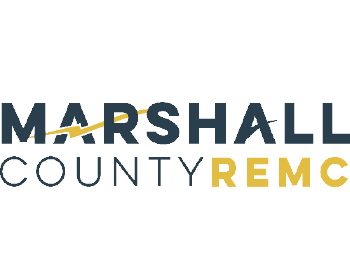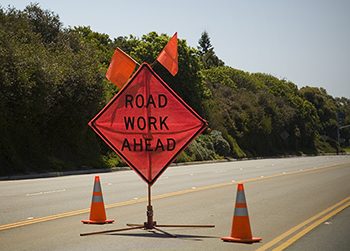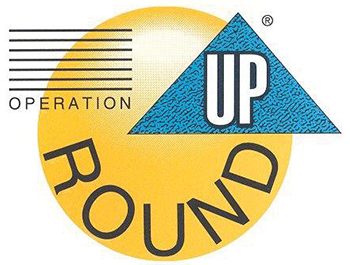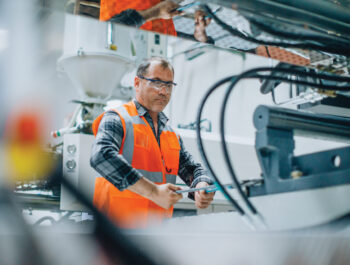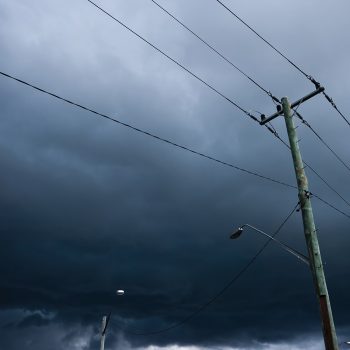
Marshall County REMC
 Marshall County REMC is a member-owned electric cooperative headquartered in Plymouth, Indiana. As a cooperative, Marshall County REMC follows seven core principles that are universal to cooperatives worldwide. Among those principles is one stressing education, training and information. Indiana Connection, a monthly magazine published especially for Indiana’s electric cooperative members, is one way the REMC informs and educates its members. Indiana Connection is available not only in a print format, but as an electronic publication for those who prefer getting their information on their electronic devices.
Marshall County REMC is a member-owned electric cooperative headquartered in Plymouth, Indiana. As a cooperative, Marshall County REMC follows seven core principles that are universal to cooperatives worldwide. Among those principles is one stressing education, training and information. Indiana Connection, a monthly magazine published especially for Indiana’s electric cooperative members, is one way the REMC informs and educates its members. Indiana Connection is available not only in a print format, but as an electronic publication for those who prefer getting their information on their electronic devices.
More Stories
Welcome, new employees
Collin Snyder Marshall County REMC welcomes Collin Snyder to the line crew. Snyder is from Bremen and previously worked as a construction line apprentice for NIPSCO. In his spare time, he enjoys farming, golfing, volunteering for the Bremen Fire Department, and spending time with family and friends. Thad Kovach Marshall County REMC welcomes Thad Kovach… Continue reading.
Give crews lots of room. It’s the law.
National Work Zone Awareness Week is April 21-25. Be mindful of lineworkers on the job. Work zones also include utility crews who work along the roadsides to build, repair and maintain the highway of electric power lines. When motorists see the orange work zone warning signs and vehicles with flashing amber lights, they should slow down and prepare… Continue reading.
Fair voucher coming soon
Look for yours in the June 2025 issue of Indiana Connection.
Home energy improvement
You can increase the value of your income tax refund this spring by spending it on improvements that keep more money in your pocket all year long. Many people eagerly welcome income tax refunds with plans for major purchases or upgrades, including home renovations. If you are thinking about improvements to your house, consider upgrades… Continue reading.
Make an impact!
Marshall County REMC’s 86th Annual Meeting will take place on Tuesday, April 1, 2025, as a pre-recorded virtual event. Members can watch at their convenience and stay informed about the cooperative’s progress. Voting information Voting opened on Monday, Feb. 24, at 7 a.m. EST and closes on Monday, March 24, at 11:59 p.m. EST. Members… Continue reading.
2025 Annual Meeting Details and Voting Information
2025 Annual Meeting Timeline Feb. 24 | Online and mail-in voting opened March 24 | Online and mail-in voting closes April 1 | Annual Meeting video and voting results posted Virtual Annual Meeting Agenda Choose the most convenient way to vote! Once you have your director election packet, you can vote online, by mailing in… Continue reading.
2025 Annual Meeting Official Notice
Dear member: Cast your vote online, via mail-in ballot, or through the SmartHub app or web portal for the Annual Meeting of the members of Marshall County Rural Electric Membership Corporation. Three directors will be elected. The candidates selected by the nominating committee are listed on page 29. Your director election packet will be mailed… Continue reading.
Operation Round Up Update
In January, the Operation Round Up board awarded four local organizations with grants: Cultivate Food Rescue, Girl Scouts of Northern Indiana-Michigan, the Marshall-Starke Development Center, and Operation: Quiet Comfort. Cultivate Food Rescue received funding to rescue nutritious foods and distribute them to those in need in our community. By providing a food rescue service, Cultivate… Continue reading.
Meet your director candidates
Ginger Calhoun Ginger Calhoun and her husband, Gary, met while moving into college. Originally from Evansville, she moved to Argos with Gary after they married. She earned a bachelor’s degree in vocational home economics with minors in business and social studies from Indiana State University and a master’s degree from Indiana University South Bend. Calhoun… Continue reading.
Co-op mode
A plain patch of parched grass may one day bloom with bustling buildings thanks partly to electric cooperatives plotting the way. Electric distribution co-ops and the generation and transmission cooperatives that provide them with wholesale power plan for development in the regions they serve. They must anticipate future growth and ensure that electricity is available… Continue reading.
Mailing delays: Transition to SmartHub for hassle-free payments
Marshall County REMC has recently received numerous member inquiries regarding delayed payments and mailing issues. Some members report not receiving their paper bills, while others express concerns about checks mailed weeks ago that remain unprocessed. Additionally, some members have received notices about payments not yet posted to their accounts. These delays, caused by postal service… Continue reading.


